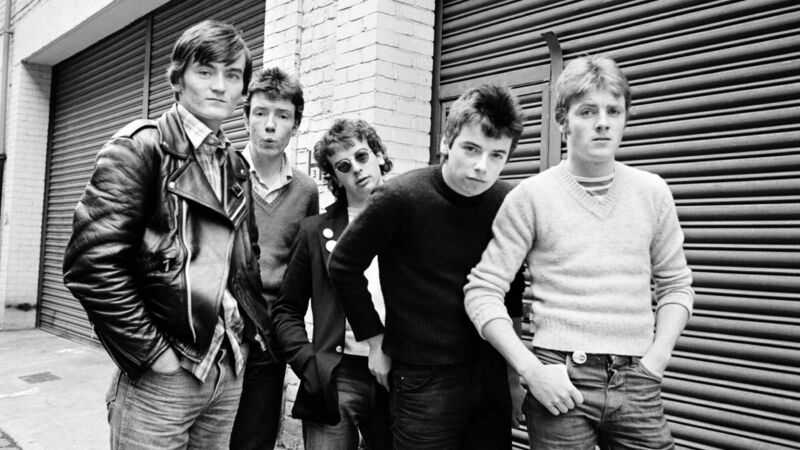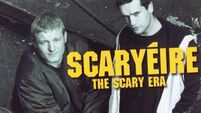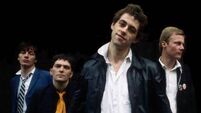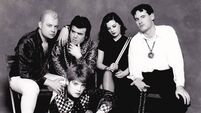Ireland in 50 albums, No 4: The Undertones' self-titled debut

The Undertones in 1978: L-R, Feargal Sharkey, Michael Bradley, John O'Neill, Damian O'Neill and Billy Doherty (Picture: Fin Costello/Redferns)
The Casbah in Derry city was where the Undertones got their schooling. They played their first gig there in March 1977. The makeshift music venue was two cabins nailed together, plastered on the outside, which stood over a bomb crater, where a pub had once stood. Needs must when you live in a city torn apart by civil war.
The Casbah was home to Derry’s indie scene, a non-sectarian zone. It had house rules. Patrons were banned from doing a pogo because it caused all the bottles inside the portable building to fall off their shelves. If anyone tried to pogo, the bar staff hurled wet towels at them.






